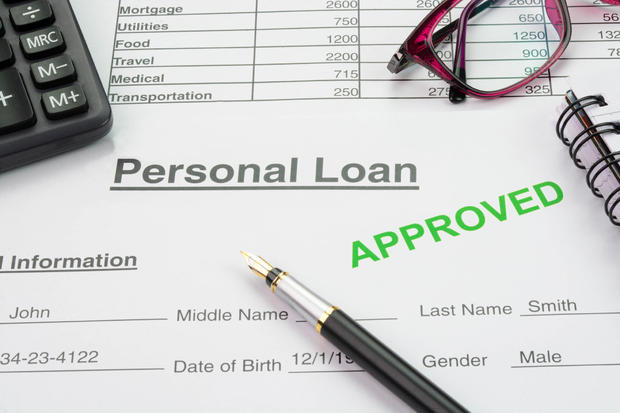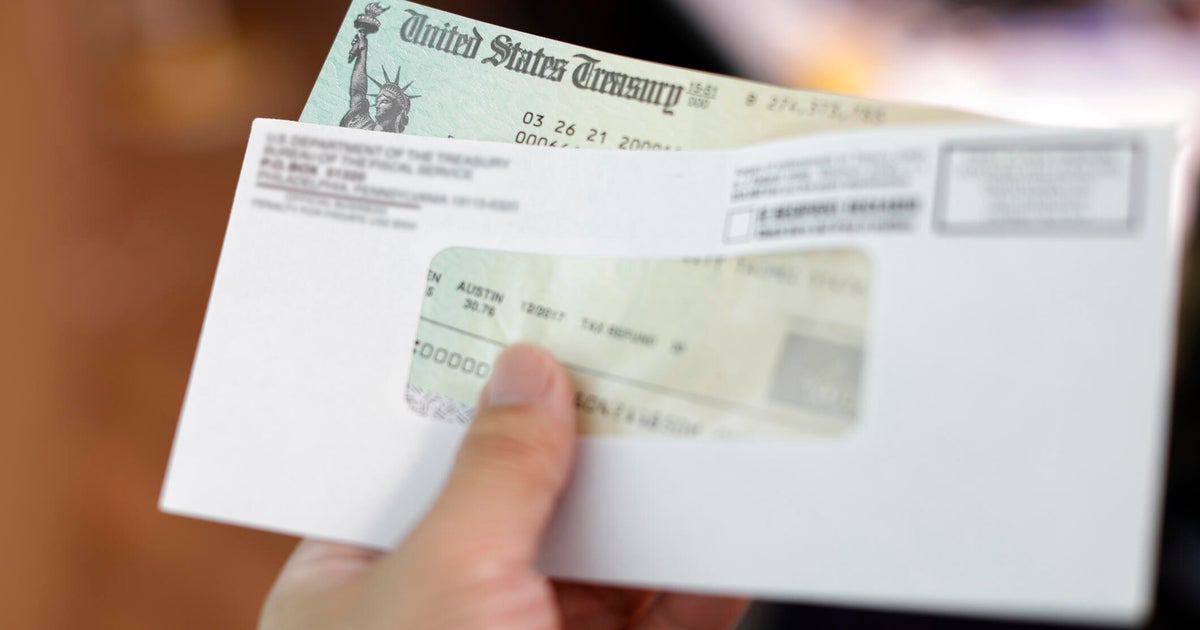Should you get a personal loan? 3 things to consider
With inflation continuing to limit consumer buying power, many people are using credit to pay bills and emergencies. But while taking on debt is sometimes the only option, there are ways you can limit the amount of interest you ultimately pay.
One of the best options is to take out a personal loan. Personal loan interest rates are lower than some other forms of credit. And they serve as a reliable way to cover some expenses.
If this is something that sounds like something you would benefit from, you can start the process right now.
In this article, we'll explain what a personal loan is and why you might want to take one out.
What is a Personal Loan?
A personal loan is an unsecured loan, which means there is no collateral behind the loan. You can use a personal loan for several different reasons, like home improvement projects, emergency expenses or debt consolidation.
Personal loan amounts vary from $2,000 to $100,000, depending on the lender, your credit score and other factors. Repayment terms range from two to seven years.
3 Reasons Why You Might Take Out a Personal Loan
The recent rise in interest rates has slightly impacted personal loan interest rates. But if you have excellent credit, you may still be able to qualify for a low rate. Read below to understand some of the best reasons for using a personal loan.
Can be less expensive than other types of credit
Many borrowers use personal loans because they are often cheaper than using credit cards. For example, the average credit card APR in 2022 is 16.17%. But if you have good credit, you may qualify for a personal loan with rates in the single digits.
Here's how much you could save by using a personal loan. Let's say you have a $10,000 balance on a credit card with a 16% APR. If you take out a personal loan with a 7% interest rate and a five-year term, you could save $4,719 in total interest over the life of the loan.
The best lenders offer rates as low as 4.99% APR, but you will likely need a credit score of 760 or higher to qualify.
Plus, it's easy to go through the application process. Some loans are even disbursed within days. Get cash in a lump sum now and then just repay it back monthly.
Can pay off other loans
A personal loan can be more flexible than short-term loans like payday loans and title loans. These loans have quick repayment terms, often within a month or less. However, if you choose a personal loan, you can opt for a much longer repayment term with monthly payments that are easier to manage.
If you have a large credit card balance, paying it off with a personal loan can also improve your credit. When you have a credit card, credit bureaus will calculate how much credit you're currently using. This is known as your credit utilization rate, which makes up 30% of your credit score.
When you have a large balance on a credit card, you may have a high credit utilization rate that could be harming your credit score. However, if you can pay off that balance with a personal loan, you may improve your credit score while also paying less in total interest.
Can help you consolidate multiple loans
One of the main reasons that consumers take out a personal loan is to consolidate multiple loans into one singular loan. This strategy lets borrowers simplify their repayment process.
For example, if you had a balance on three different credit cards, you could pay them all off with one personal loan. Then, you would only have one monthly payment to worry about.
Having fewer monthly payments to manage could help you avoid late fees and extra interest charges.
There are three primary benefits to debt consolidation loans:
- You can potentially get a low rate. As mentioned above, personal loan rates are usually better than what you would get with a credit card. A debt consolidation loan could help you pay down your debt at a lower cost.
- It can boost your credit score. After a series of on-time payments to the loan (and assuming you don't wrack up debt elsewhere), you'll start improving your credit.
- There is an end date. With a debt consolidation loan (unlike credit cards) there is a definitive repayment date so the borrower knows exactly when they can stop paying. So, even if the debt you've consolidated is significant, at least you'll know exactly when it will be eliminated.
This is not an exhaustive list. There are multiple other benefits to taking out a personal loan, some of which are specific to your individual personal financial situation.
If considering this unique opportunity it's best to speak to a lender to determine what you qualify for and how quickly you can get paid.




